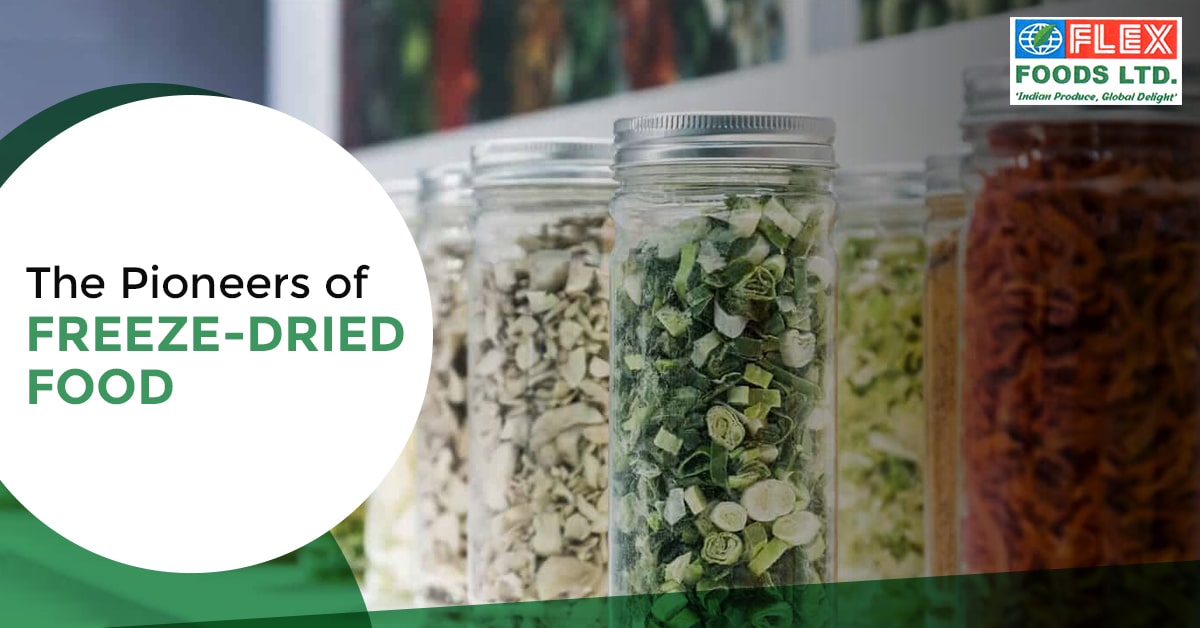Large-scale food production is heavily dependent on the choice between IQF frozen vegetables and fresh ones. Fresh vegetables are popular but the recent interest in IQF options is also gaining traction. Manufacturers are lenient towards IQF vegetables since they are easy to store and use. Moreover, these innovative vegetables last longer.
Are we finished with the pros and cons? Not yet! Read through the blog to understand the key differences between the two.
What Are IQF Vegetables?
IQF vegetables are frozen right after being picked. The quick freezing locks in their flavor, texture, and nutrients, and keeps each piece separate. This means no preservatives are needed. Fresh vegetables are delivered shortly after picking, but they must be used quickly before they spoil. This can make planning tricky for large producers. IQF vegetables are quite different from from frozen vegetables in India. The IQF version uses an innovative technology to prevent the clumping of vegetables.
Cost Comparison
At first glance, fresh vegetables seem cheaper, especially in season. However, there are hidden costs. Fresh veggies spoil quickly, leading to waste. They also require more cleaning and prep work, increasing labor costs.
IQF vegetables cost more upfront due to the freezing process, but they last longer. Less waste means lower costs over time. This is especially important when fresh vegetables are out of season, as their prices spike while IQF prices stay stable.
Waste and Efficiency
In large-scale manufacturing, fresh veggies decay fast, resulting in enormous waste. Not only is food squandered, but also cash, work, and time. Vegetables that are stored in an IQF condition minimize waste. They also arrive pre-cut and pre-cleaned, which further reduces labor expenses and saves time.
Storage Requirements?
Both fresh and IQF frozen vegetables require special storage. Fresh vegetables need refrigeration but still have a short shelf life. IQF vegetables need to be kept frozen, which uses more energy, but they last much longer without spoiling. For large-scale operations, this extended shelf life is crucial.
Quality and Consistency
In large food production, consistency is vital. Fresh vegetables can vary in quality due to factors like season and transportation. This can affect the final product. IQF vegetables, on the other hand, are frozen at peak freshness, providing more consistent flavor, texture, and color throughout the year. They also go through quality checks before freezing, reducing the risk of low-quality produce.
Time and Labor Savings
Cleaning, peeling, and cutting are major prep tasks for fresh veggies that involve time and labor. Vegetables from IQF are already washed and sliced, ready for use. This is a major benefit in large operations since it reduces personnel costs and saves time and effort, therefore increasing productivity.
Availability and Supply Chain
Seasons have an impact on fresh veggies. Certain veggies lose quality or become more costly when they are out of season. They occasionally need to be imported, which raises prices and depletes freshness. IQF vegetables are consistently priced throughout the year. They are a dependable choice for large-scale manufacturers since this guarantees a consistent supply and predictable pricing.
Environmental Impact
Fresh vegetables, especially from local farms, may have a smaller carbon footprint in terms of transportation. However, the waste from spoiled produce can have a significant environmental impact. IQF vegetables use more energy for freezing and storage, but they create less waste. This can make them more environmentally friendly in the long run, especially in large operations. Additionally, fewer shipments are needed with IQF, reducing transportation-related pollution.
Portion Control
IQF vegetables offer better portion control since each piece is frozen individually. You can take out exactly what you need, reducing waste. With fresh vegetables, it’s harder to be precise. You might cut too much or too little, leading to waste or inconsistency in recipes.
Cost Predictability
For large producers, predictable costs are important. Fresh vegetable prices fluctuate due to seasons, weather, and market conditions, making budgeting difficult. IQF prices remain more stable, allowing for better financial planning and consistent pricing for finished products.
Choosing between fresh and IQF vegetables is not that complex. You need to understand the needs of your business and select a variant accordingly. For the best results, you need to partner with the best manufacturer of IQF or freeze-dried food in India.

